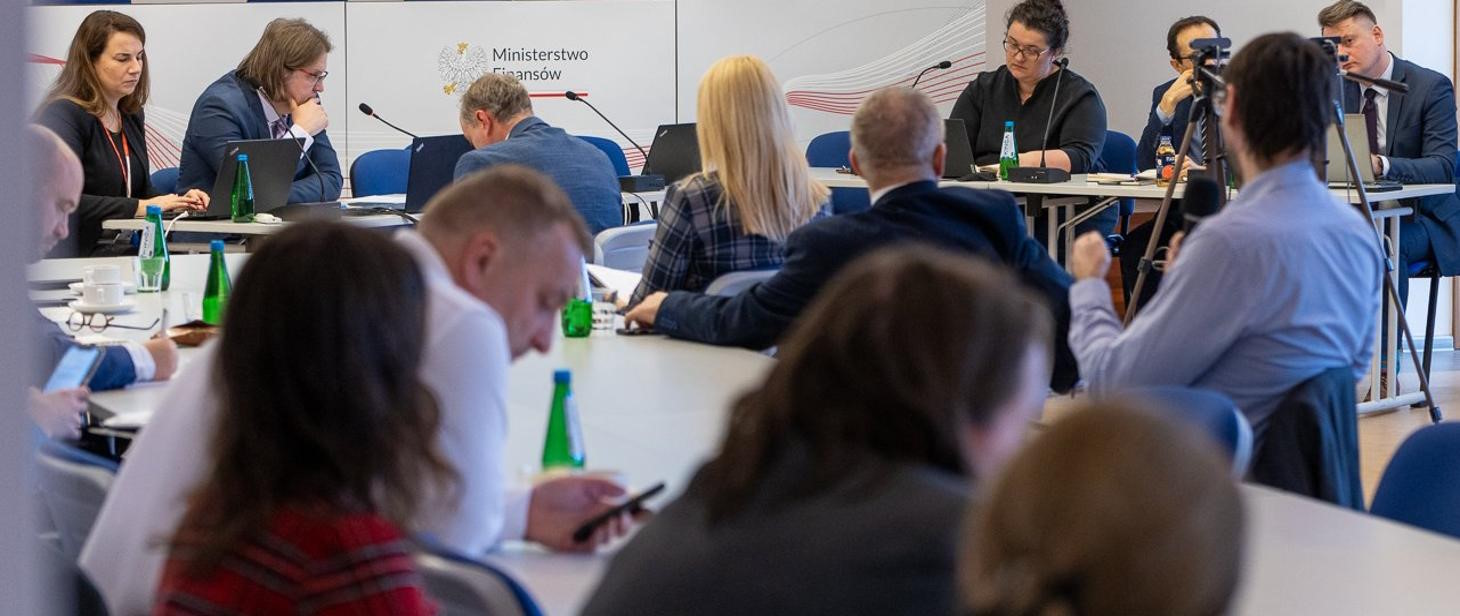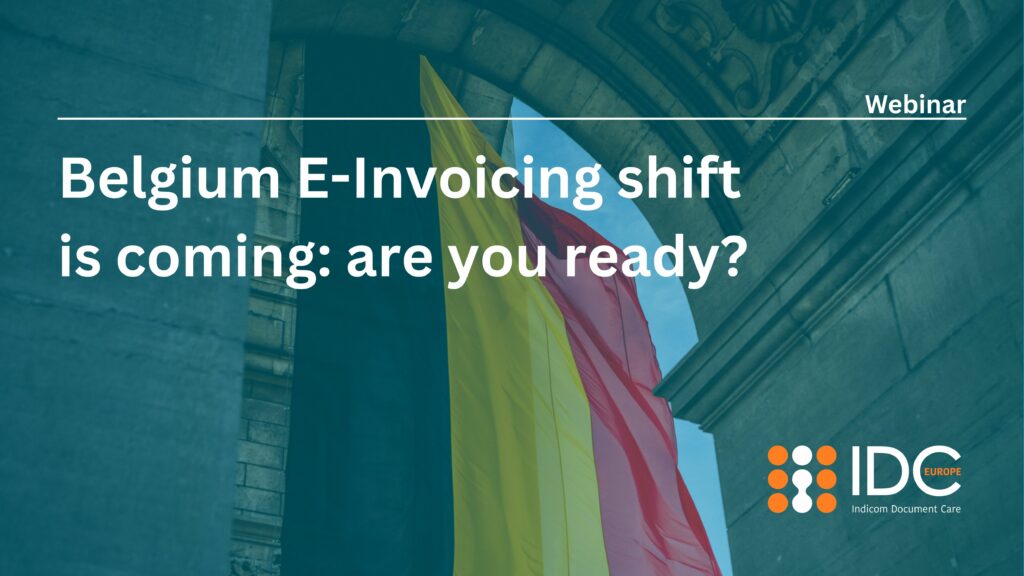Without setting a new date (yet), the Polish ministry of finance announced on 19.1.2024 that the original date of “1.7.2024” to make KSeF mandatory is not valid anymore. The reason is that “critical errors have been detected that prevent safe implementation of the system in 2024”.
VAT-paying businesses in Poland may voluntarily continue or even start using the “KSeF” system now; the announcement is a precautionary measure to avoid a situation where a mandatory system cannot handle the load and complexity of its users. This would cause an existential and therefore undue risk to the entire Polish economy.
The Ministerstwo Finansо́w (Ministry of Finance) then organized public online consultations from 16.2.2024 to 1.3.2024 to get feedback on the KSeF system, gathering more than 10,000 people. A summary of those consultation meetings will be shared during an official meeting on 21.3.2024.
The Ministry of Finance anticipates drafting new legislative solutions shortly thereafter, aiming to finalize the legislative process by June.
The timing and rationale illustrate the risk inherently present in any central implementation approach. By contrast, a federated approach as offered by Peppol’s 4-corner-model may add more complexity in the definition and specification, but ultimately spreads the risk of implementation to multiple specialist operators and avoids a single point of failure.





No comment yet, add your voice below!